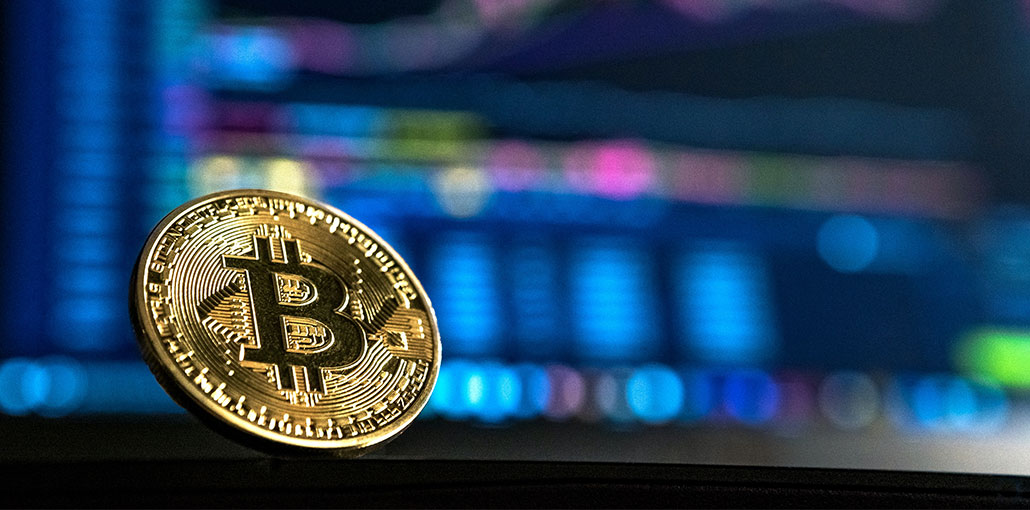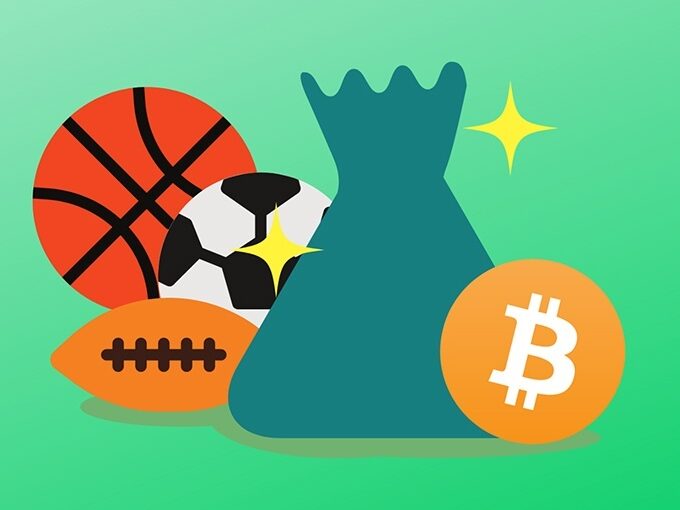Cutting-edge innovations like cryptocurrencies acquire safety and security given the decentralized system of blockchain. Countries that were previously hesitant to accept cryptos in their world are now comfortably embracing the concept. The UAE stands to be at the forefront of these countries as it aims to become completely paperless. UAE came up with “Emirates Blockchain Strategy 2021” and “Dubai Blockchain Strategy to further stimulate blockchain technology.” The emirates were aiming to be paperless by the end of 2021. Dubai succeeded in doing so, and currently, all government-based transactions are based on cryptocurrencies.
Dubai’s Infrastructure for Digital Assets
In 2018, Dubai’s Paperless Strategy was formulated with six key entities, namely Roads and Transport Authority, Dubai Police, Dubai Electricity and Water Authority (DEWA), Department of Economic Development, Department of Tourism and Commerce Marketing, and the Department of Land and Property.
Collaboration amongst these entities allowed for automated processes and services, thereby cutting down paper consumption by 336 million! The strategy also allowed Dubai to save over Dhs 1.3bn and 14 million man-hours! The strategy was uptaken by 45 government entities present in the emirates of Dubai, with each providing over 1800 digital services and 10,500 pivotal transactions.
Also read: How to Choose Best Cryptocurrency Software
Dubai – An International Virtual Hub
The Emirates of Dubai has taken one more step toward completely integrating crypto-space. To become an international hub for virtual assets, it is now introducing new legislation and regulatory bodies. Recently, a law release has announced the formation of a regulatory authority named “Dubai Virtual Assets Regulatory Authority” (VARA).
The regulative authority will form the basis for a regulated “onshore” industry of virtual assets in Dubai. VARA will be seated in the Dubai World Trading Centre (DWTC), an independent entity affiliated with the existing Dubai World Trading Center (DWTC) Authority. The main objective of VARA is to promote Dubai as the international hub for virtual assets, thereby attracting investments in the virtual asset sectors and thereby formulating a system to protect these virtual assets.
Benefits of Regulations
Some crypto-enthusiasts believe regulations to be a downside for the crypto-ecosystem. The system was built to be “decentralized”, and the regulations go against that concept. However, the ground reality is that regulations actually positively influence the crypto-ecosystem. It would be more secure to buy Bitcoin in the Emirates.
The volatile system now has a strong base with the government involved, thereby adding to the security of investments. The regulations of the crypto-sphere will also prevent fraudulent activity, thereby protecting the investors.
Also read: The Crypto Slump: When Will Bitcoin Prices Recover?
What does Crypto Regulation in UAE look like?
Decentralized Finance (Defi) is a crypto offshoot that has risen during the pandemic. It allows users to lend, borrow and save cryptocurrencies without traditional gatekeepers like Banks and Exchanges. However, the decentralized system adds to the zest for crimes and frauds, thereby increasing the need for regulations.
In its pursuit of becoming a hub for digital assets, Dubai has welcomed several cryptocurrency exchanges into its arena. These are majorly registered and licensed by the Central Bank. Still, the fluctuation in the crypto-ecosystem dictates the pricing tremendously. The introduction of VARA has led to these exchanges opting for licensing, thereby adding to accounting regulation. As a result, investors can make a sound choice while choosing from an array of exchanges in the UAE.
Future of Digital Assets in Dubai
In its pursuit of becoming an international hub for digital assets, Dubai has been formulating laws and regulations. Since there are no predecessors to the current system, the formulation of regulations is relatively difficult to predict.
Currently, VARA has developed a definition of digital assets to be “a digital representation of value that can be digitally traded, transferred or used as an exchange or payment tool or for investment purposes, including Virtual Tokens, and any digital representation of any other value determined by the Authority in this respect”. The definition does not clearly define which virtual assets will be included or excluded.
These assets include cryptocurrencies and non-fungible tokens (NFTs). We can only wait for future regulations and laws to clearly define the concept. On the other hand, keep in mind that these laws are based on Dubai Financial Services Authority (DFSA) consultation Paper No. 143 based upon Regulation of Crypto Assets in the DIFC. So, despite the closed loophole, one thing is for sure: Dubai aims to regulate and embrace the concept of virtual assets.










Leave a comment